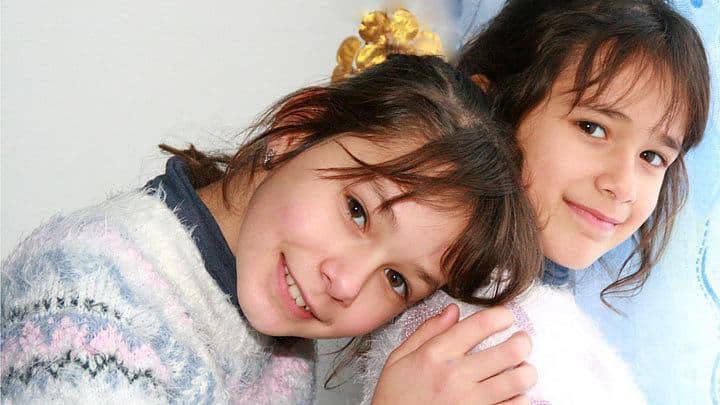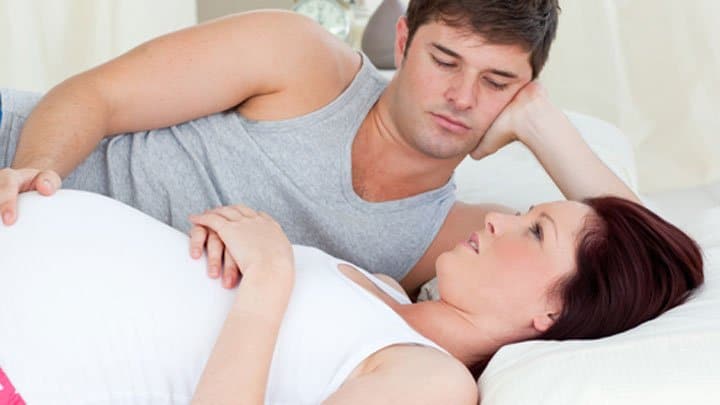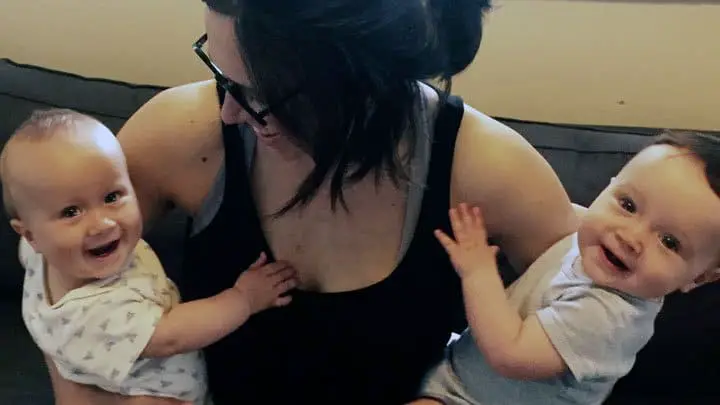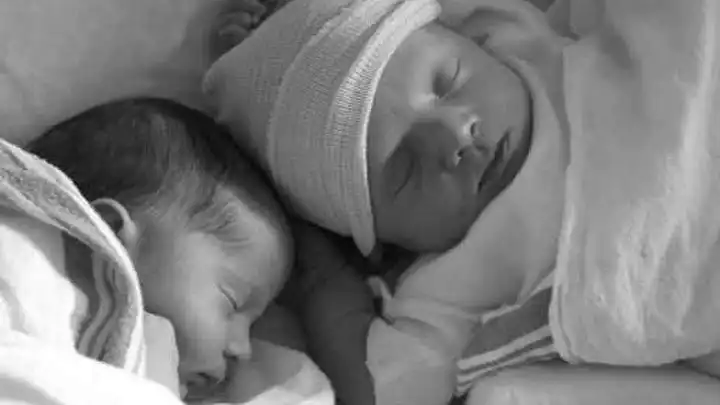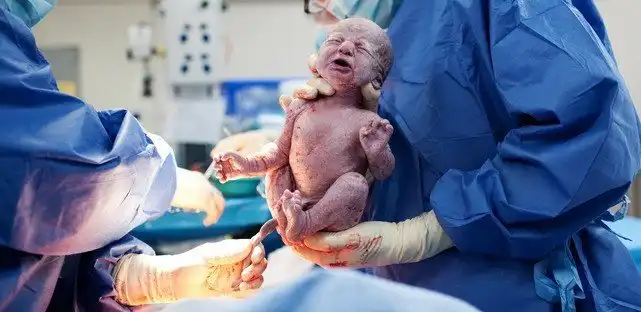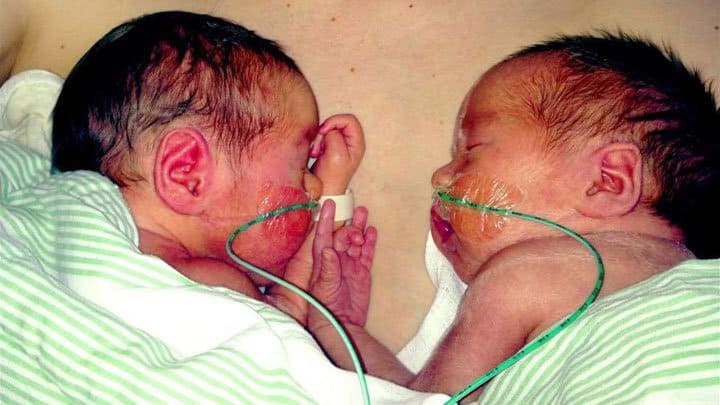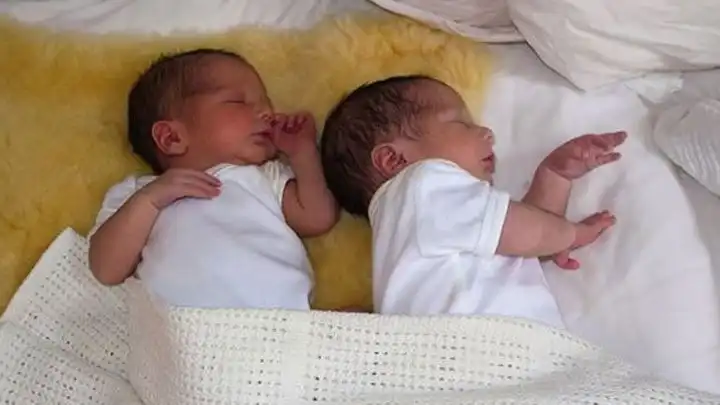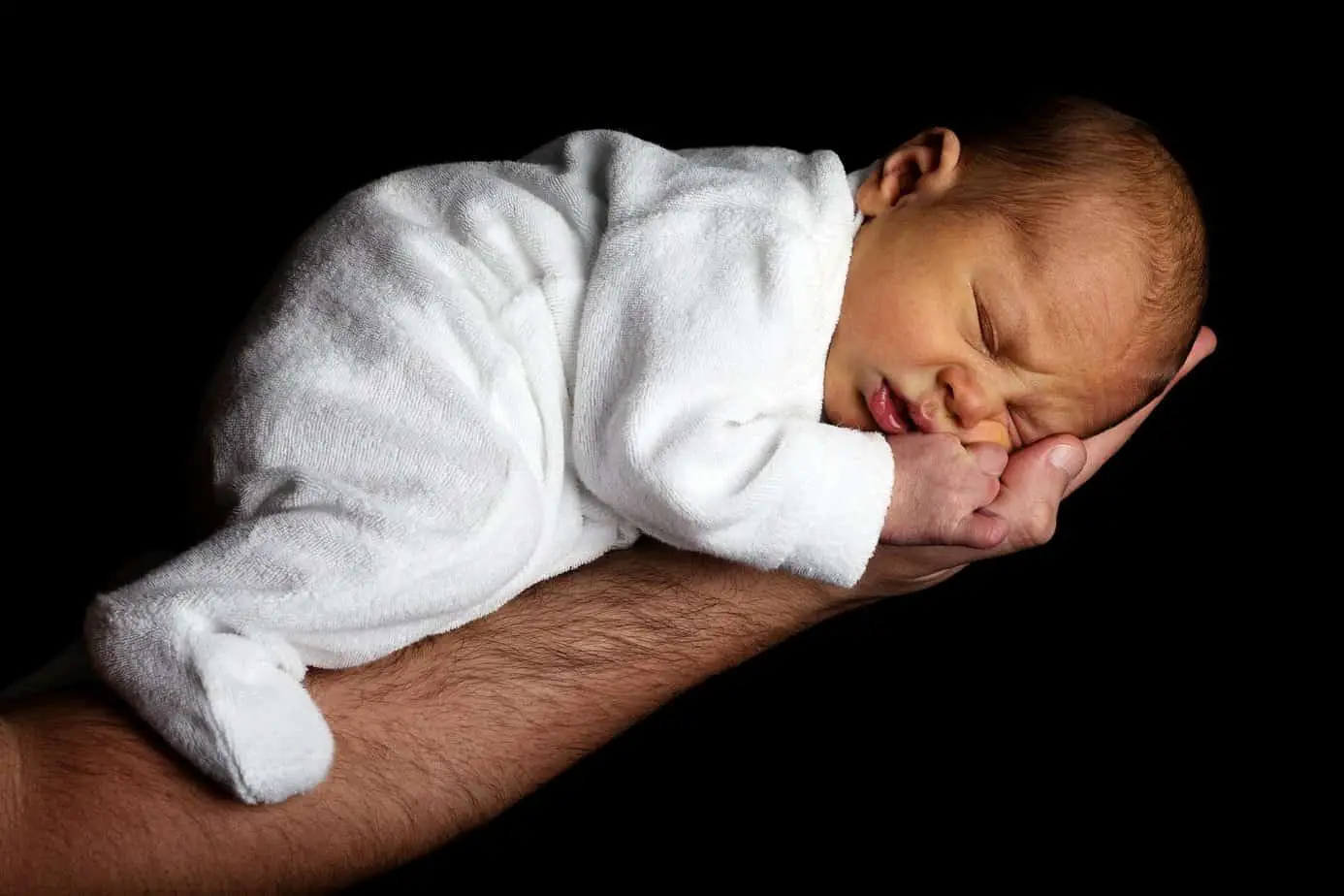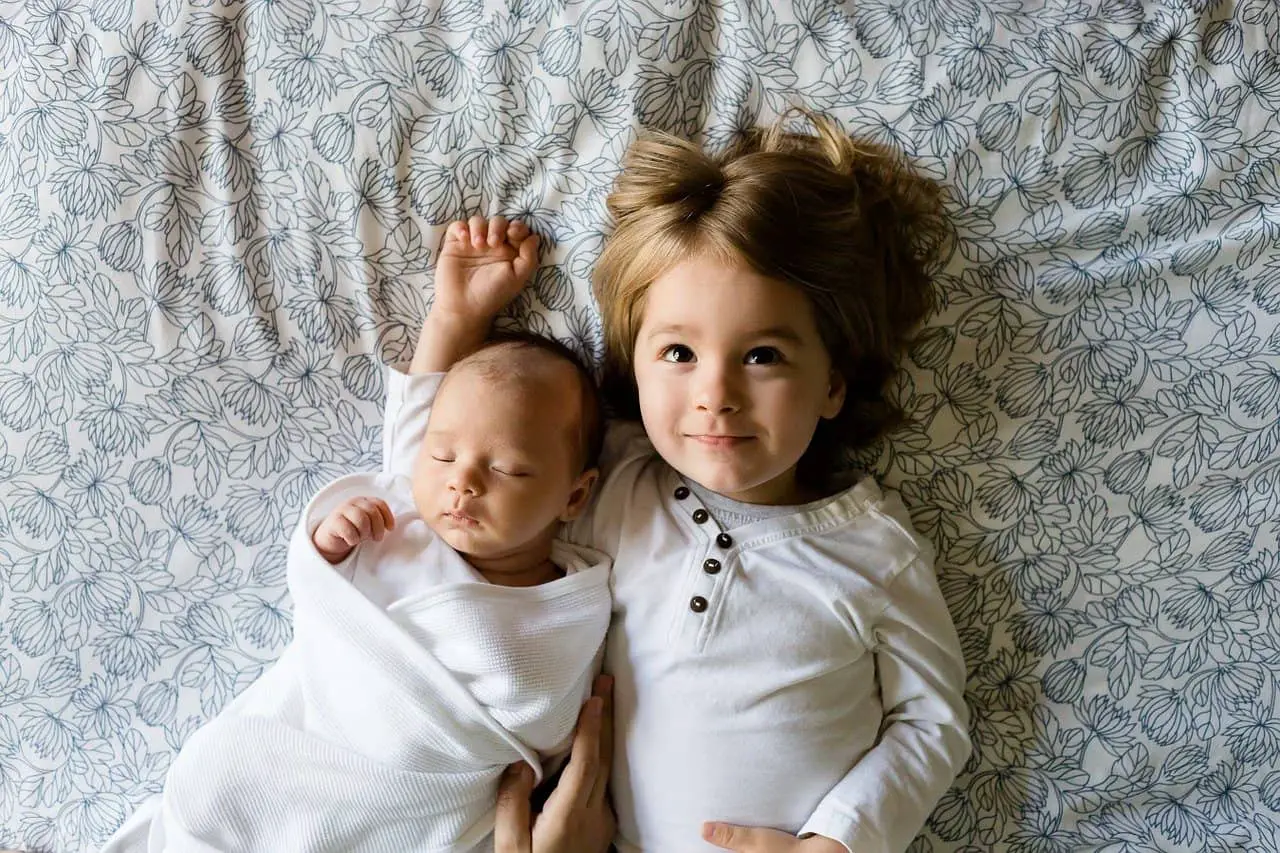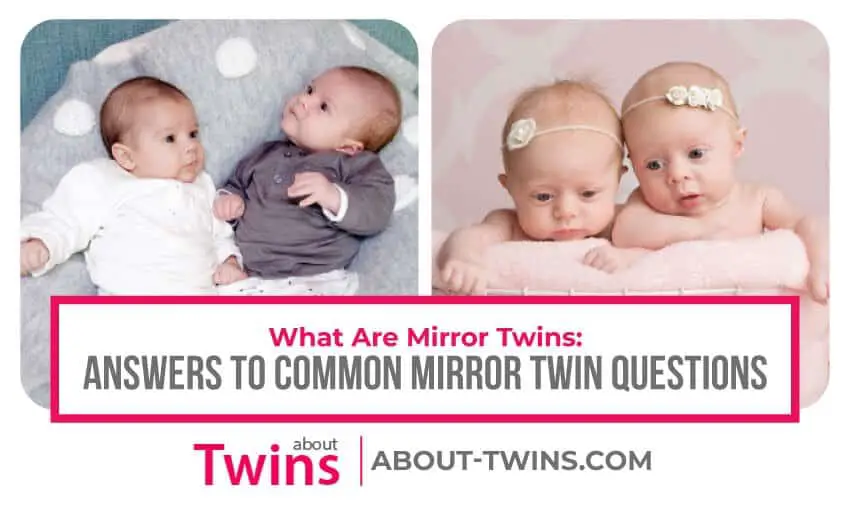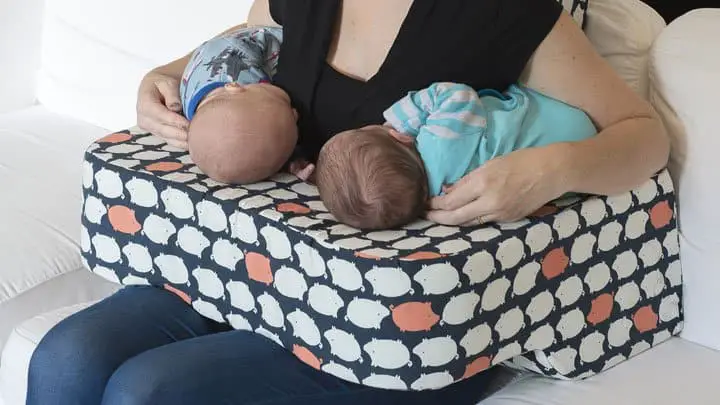Partner plays a major role in preventing stress
A Belgian study* explores the level of parenting stress in mothers of twins and singletons. Parenting stress is defined as an imbalance between the perceived demands of parenting and the perceived available resources. Previous research have established that some parents are at higher risk of developing parenting stress, including mothers who give birth to twins. Higher parenting stress can lead to postpartum depression, lower levels of marital satisfaction and negative parent-child interactions.
*The results were published in Women and Birth. Women and Birth is the official journal of the Australian College of Midwives.
101 mothers of twins
252 participants were included in the study. 151 mothers of singletons and 101 mothers of twins. They were all contacted between January and May 2016. Mothers who had given birth after 33 weeks of pregnancy and spoke and understood Dutch were singled out. All mothers had a child or children younger than 1 year of age. Participants mainly completed the survey at 6 months postpartum. The singleton mothers mainly delivered at term. 75.2 percent of the twin mothers gave birth before 37 weeks of pregnancy. 62.6 percent of the twin babies were admitted to the NICU compared to 11.9 percent of singleton babies. None of the participants had babies in the NICU at the time the survey was being conducted.
Significant coping strategy
The researchers found that co-parenting seems to be a significant coping strategy reducing the level of parenting stress in mothers of singletons and twins, irrespective of their personal and obstetric characteristics. Co-parenting was defined as the way parents support and coordinate with each other in their role as parents. It refers to two people collectively raising a child, regardless of whether or not they are both biological parents or even romantically involved. Maternal age, education level, and working status were not significantly associated with the level of parenting stress. However, results showed, that the level of parenting stress was inversely correlated with the type of pregnancy. Twin mothers who became pregnant after fertility treatments experienced more parenting stress compared to those who conceived spontaneously.
